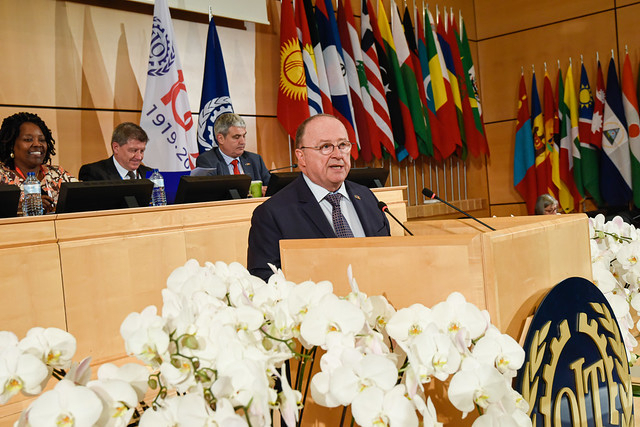
Singapore, among the Asian nations to raise the retirement age 27 years ago, is working on a recommendation to update the employment age in view of the changes in IT sector and foray of Artificial Intelligence (AI).
The update on retirement and re-employment ages will be available by September, said Singapore's Manpower Minister Josephine Teo in a Facebook post on Sunday. The Tripartite Workgroup consisting of representatives from the Government, unions and employers, that was created in May 2018 for the purpose, reached a consensus in March this year.
Hmmmm....under pressure from citizens as elections coming up soon ? Update by September on raising retirement and re-employment ages: Josephine Teo https://t.co/cxdopAj7m4
— LGC (@LesChander1) June 12, 2019
Currently, the retirement and re-employment ages are at 62 and 67, respectively. The retirement age was last revised last in 1999, from 60 to 62. The re-employment age was revised in 2017 from 65 to 67.
"There has been very good progress and a meeting of minds on how far and how fast both ages should be raised," said Mrs Teo in his Facebook post on the sidelines of the International Labour Conference (ILC) being held in Geneva.
"Besides attending the ILC together, there were many working discussions between the tripartite leaders on implementation details, including support to employers," she noted.
The workgroup was created under the chairmanship of Permanent Secretary for Manpower Aubeck Kam, with NTUC secretary-general Ng Chee Meng and Singapore National Employers Federation president Robert Yap.
Referring to some statistics in an article published in the Chinese daily Lianhe Zaobao which said that in the last 27 years, the healthy life expectancy of Singaporeans rose 7.2 years to 74.2 years, while life expectancy rose 8.7 years to 84.8 years, the minister said it was an encouraging trend.
The writer even argued for eliminating the retirement age in Singapore owing to its low population growth. At present, re-employment to eligible workers from age 62 up to 67 is provided on yearly contracts.
"I am encouraged by these statistics. People living longer and generally healthier lives is a key reason that they work longer - this is a trend that we observed across many developed countries," she said.








